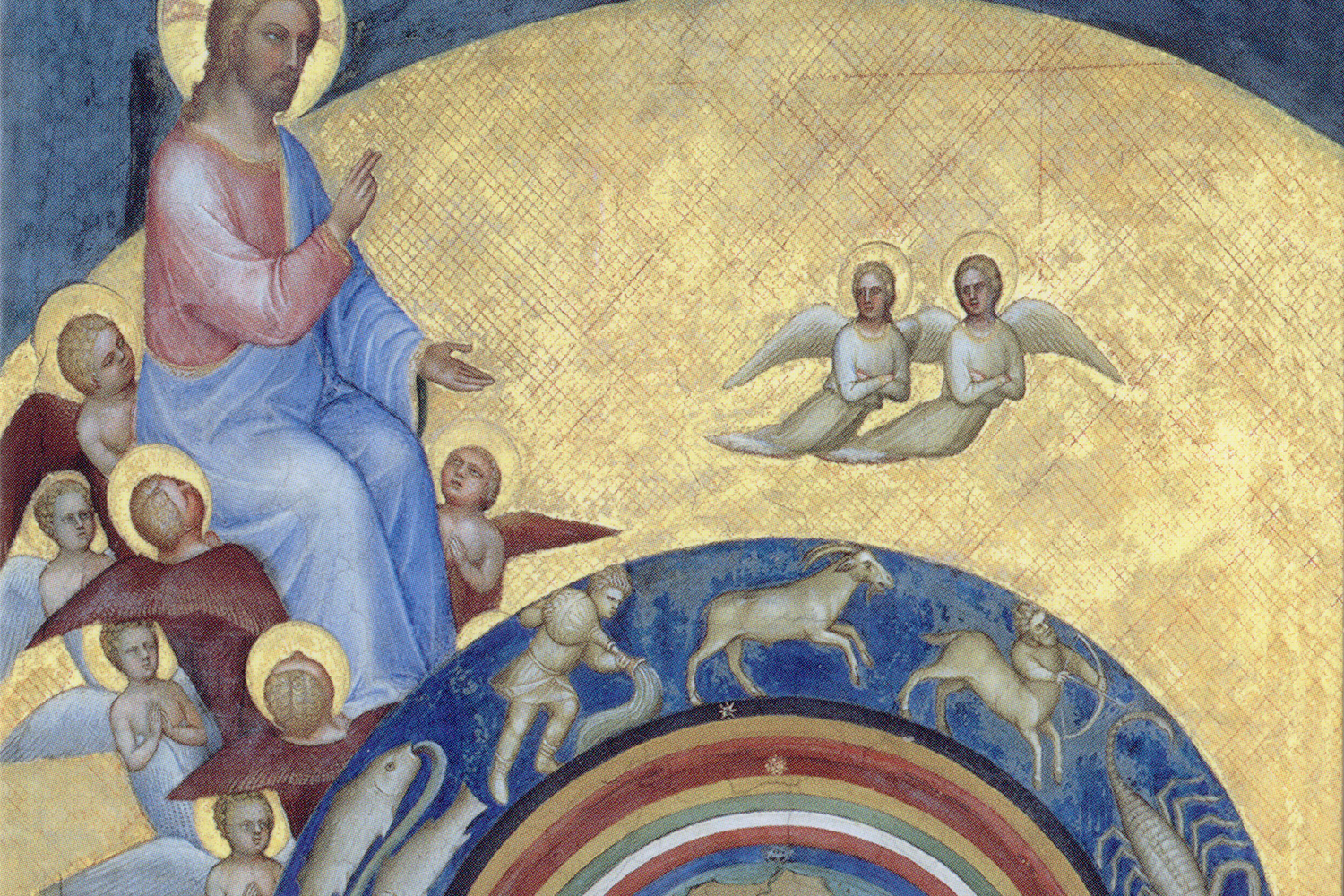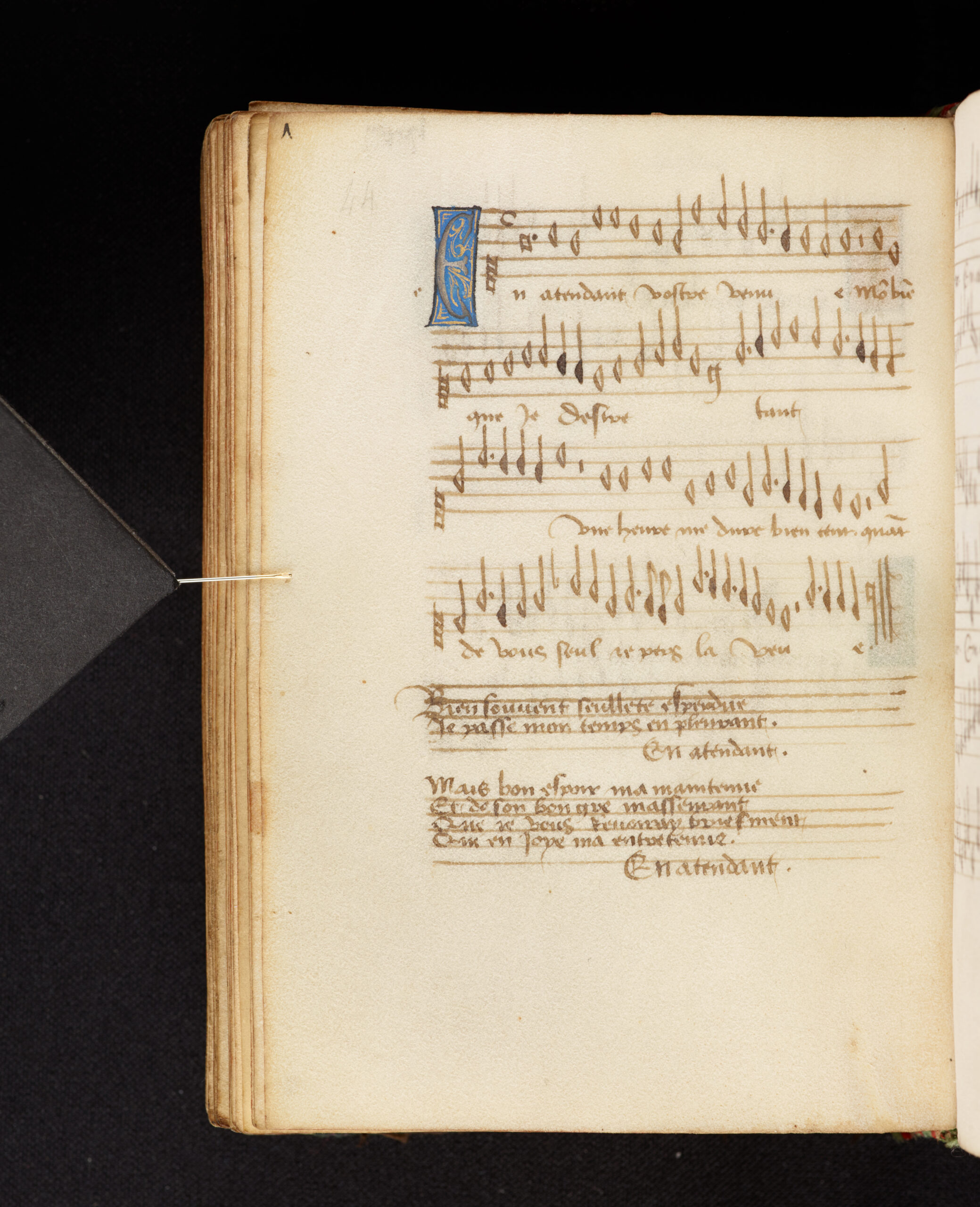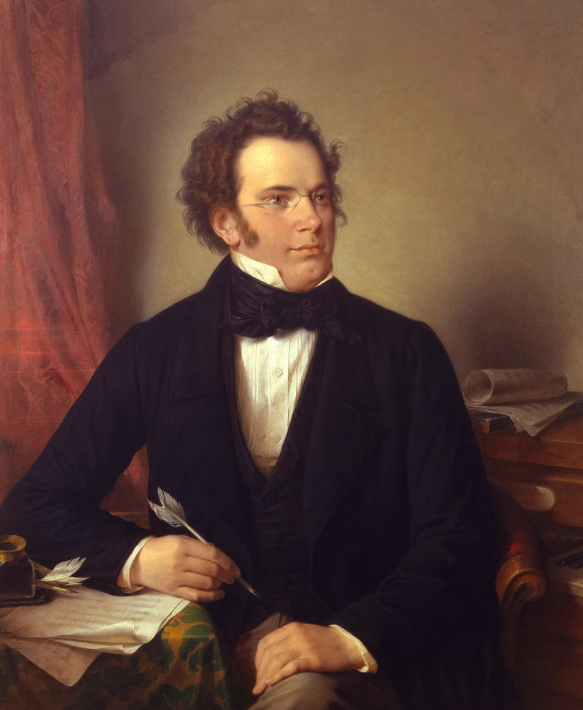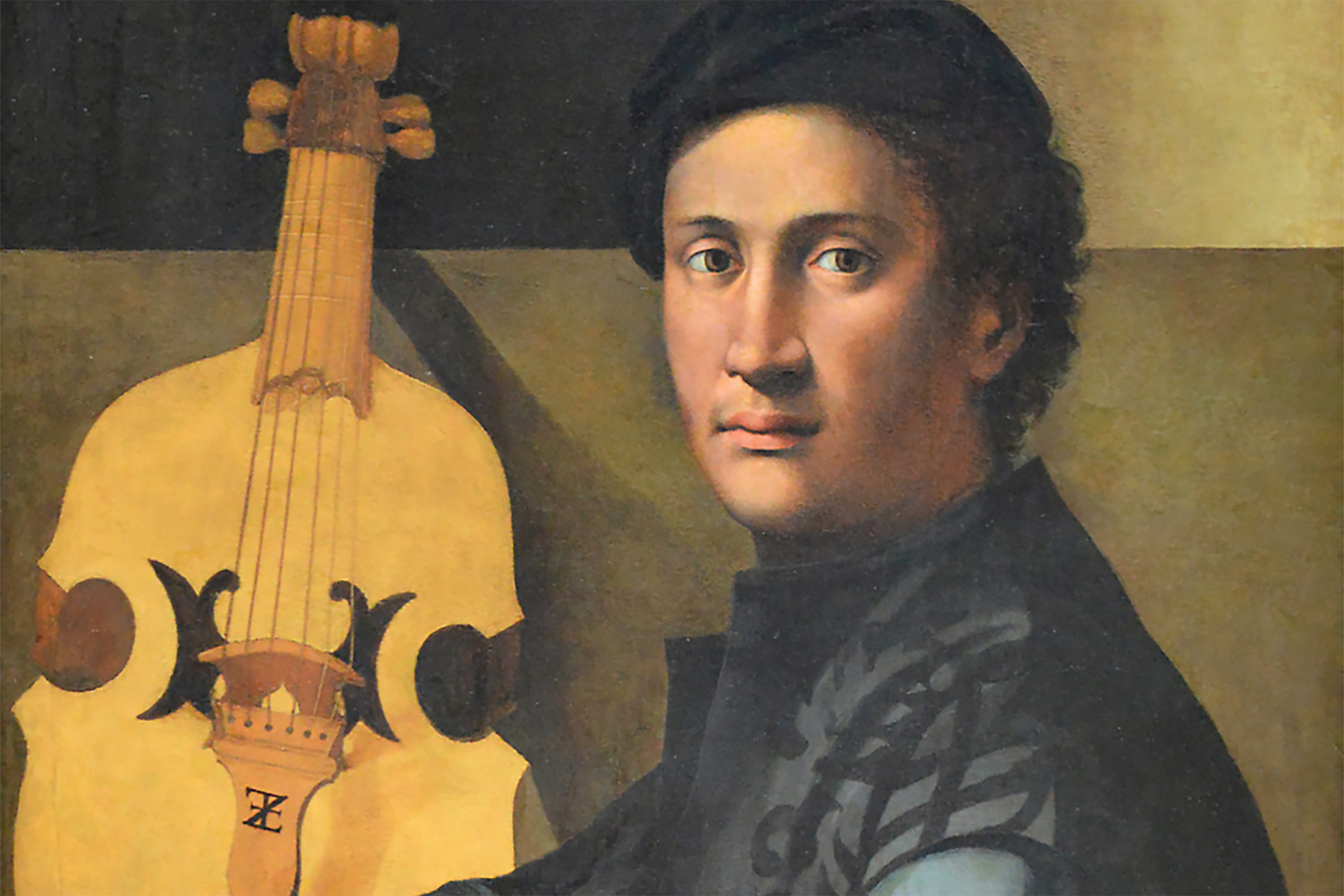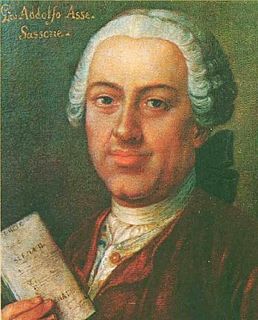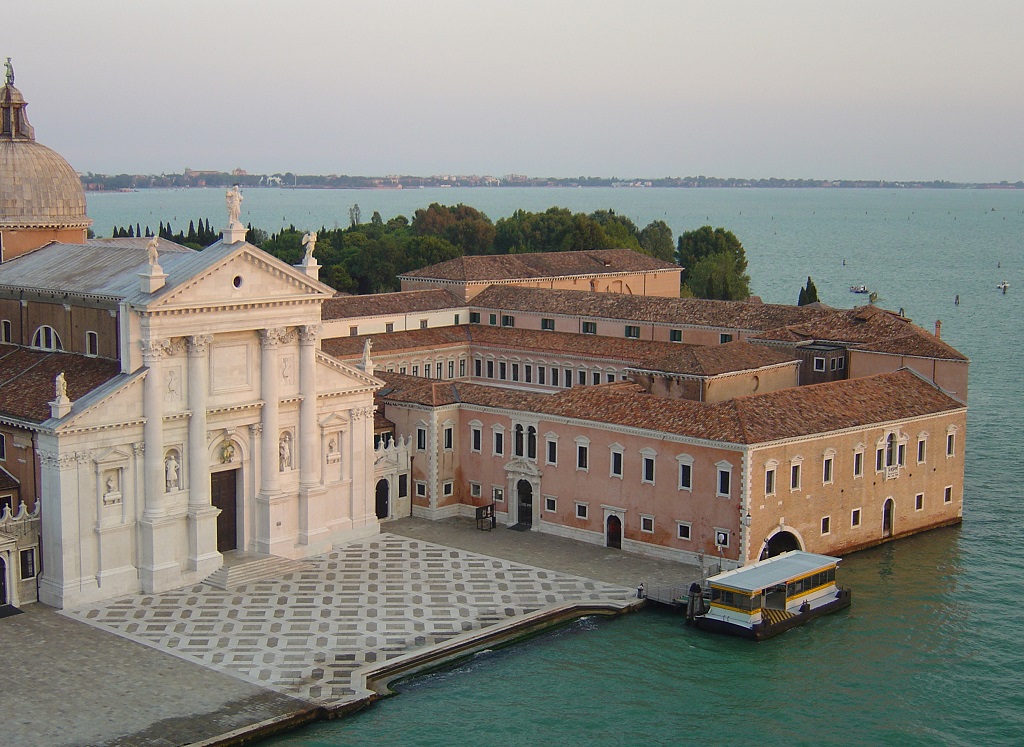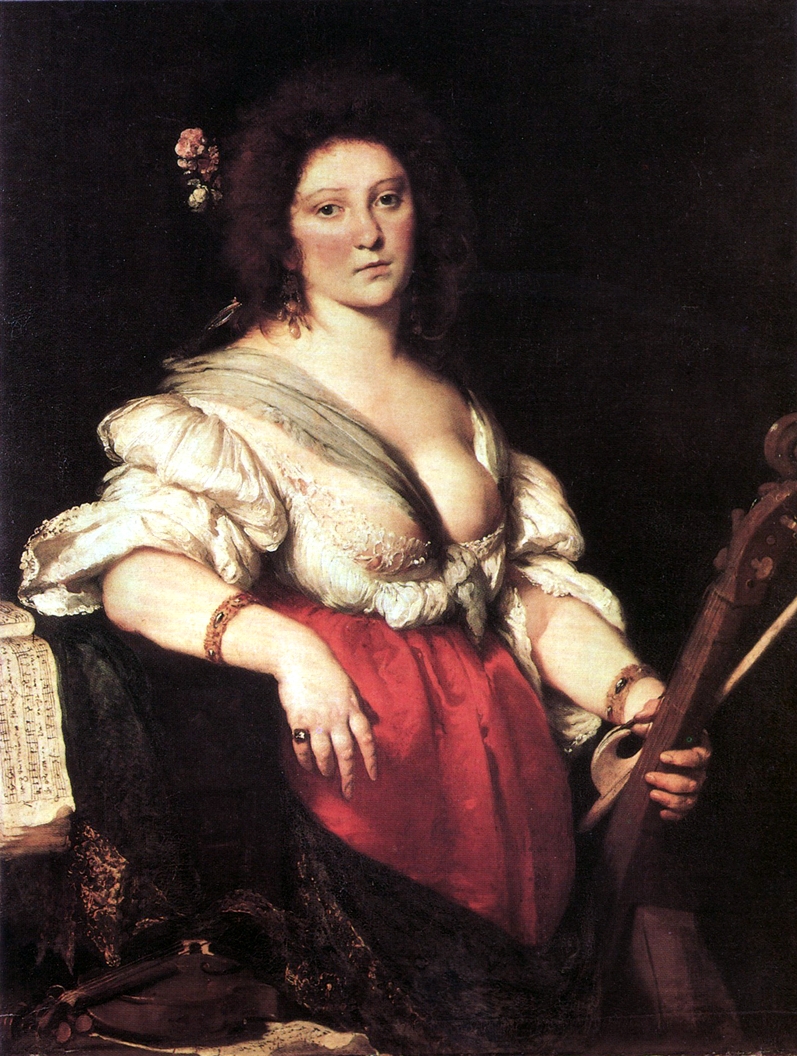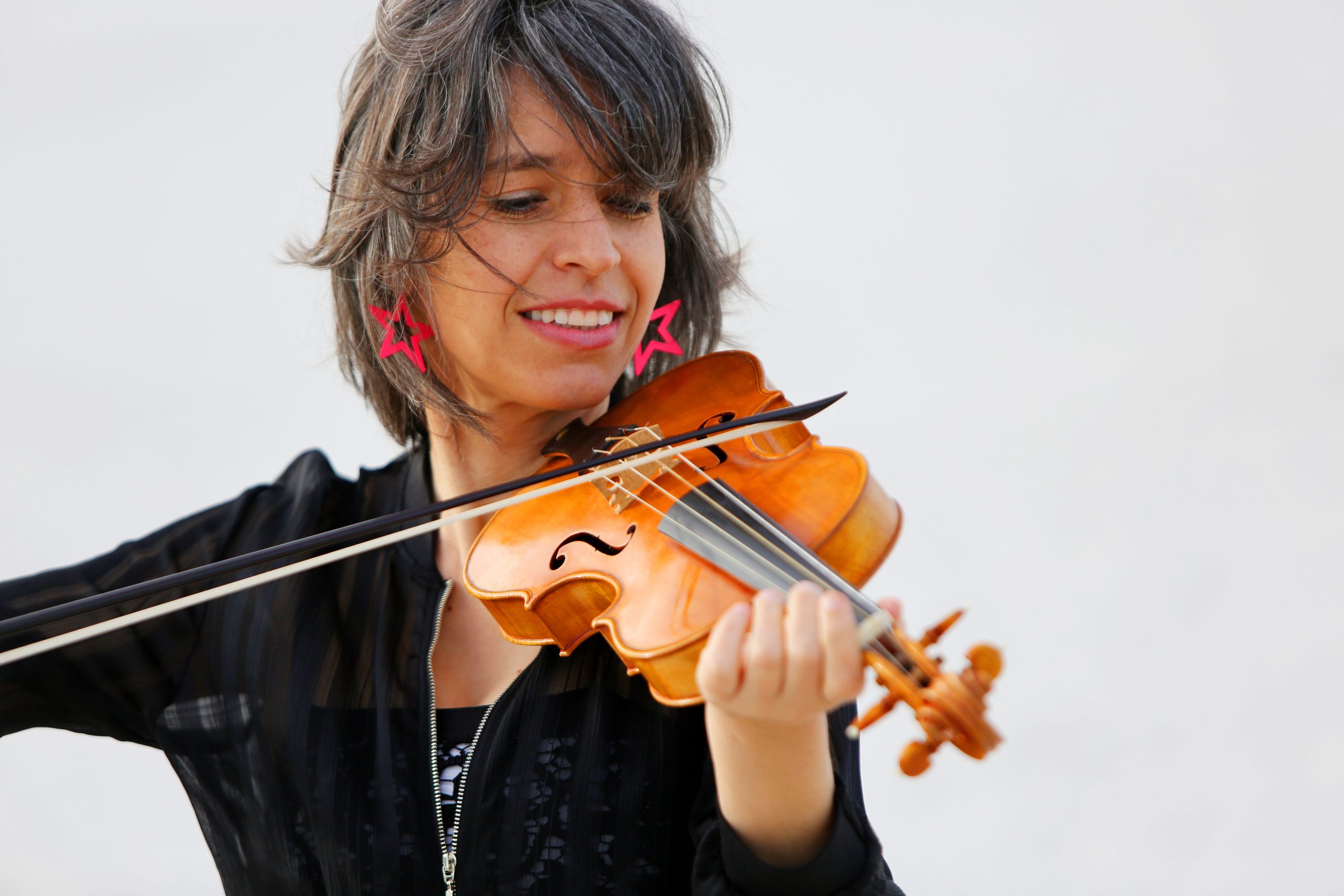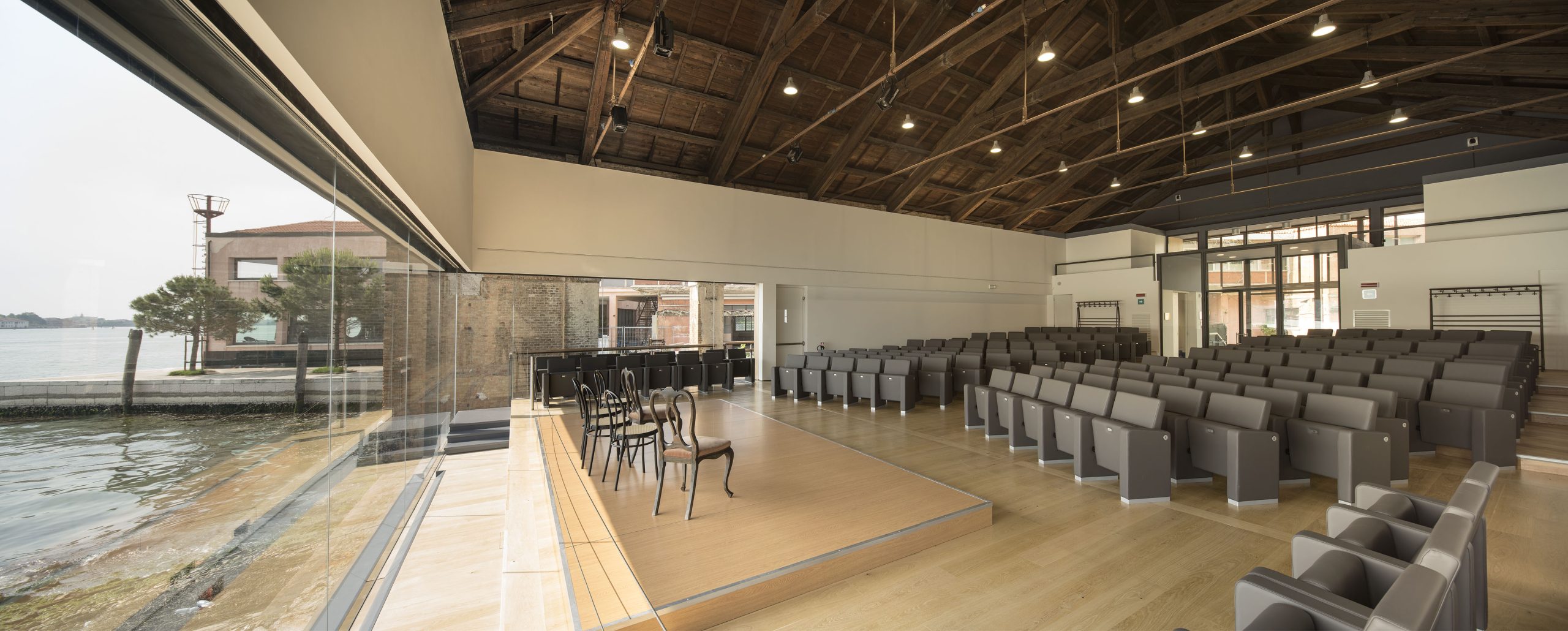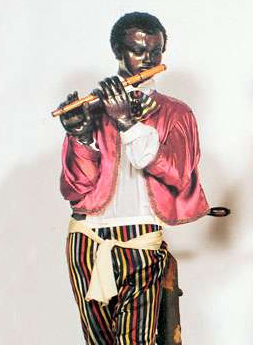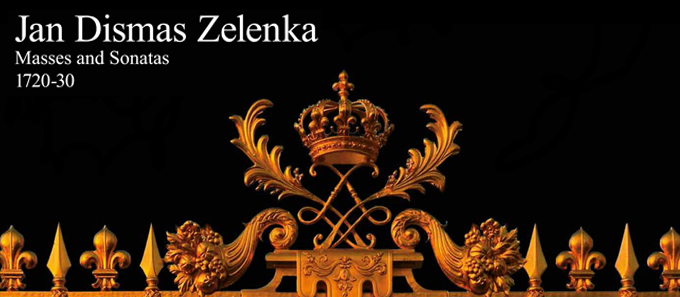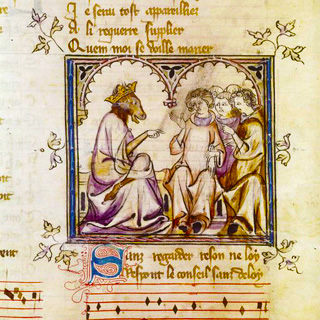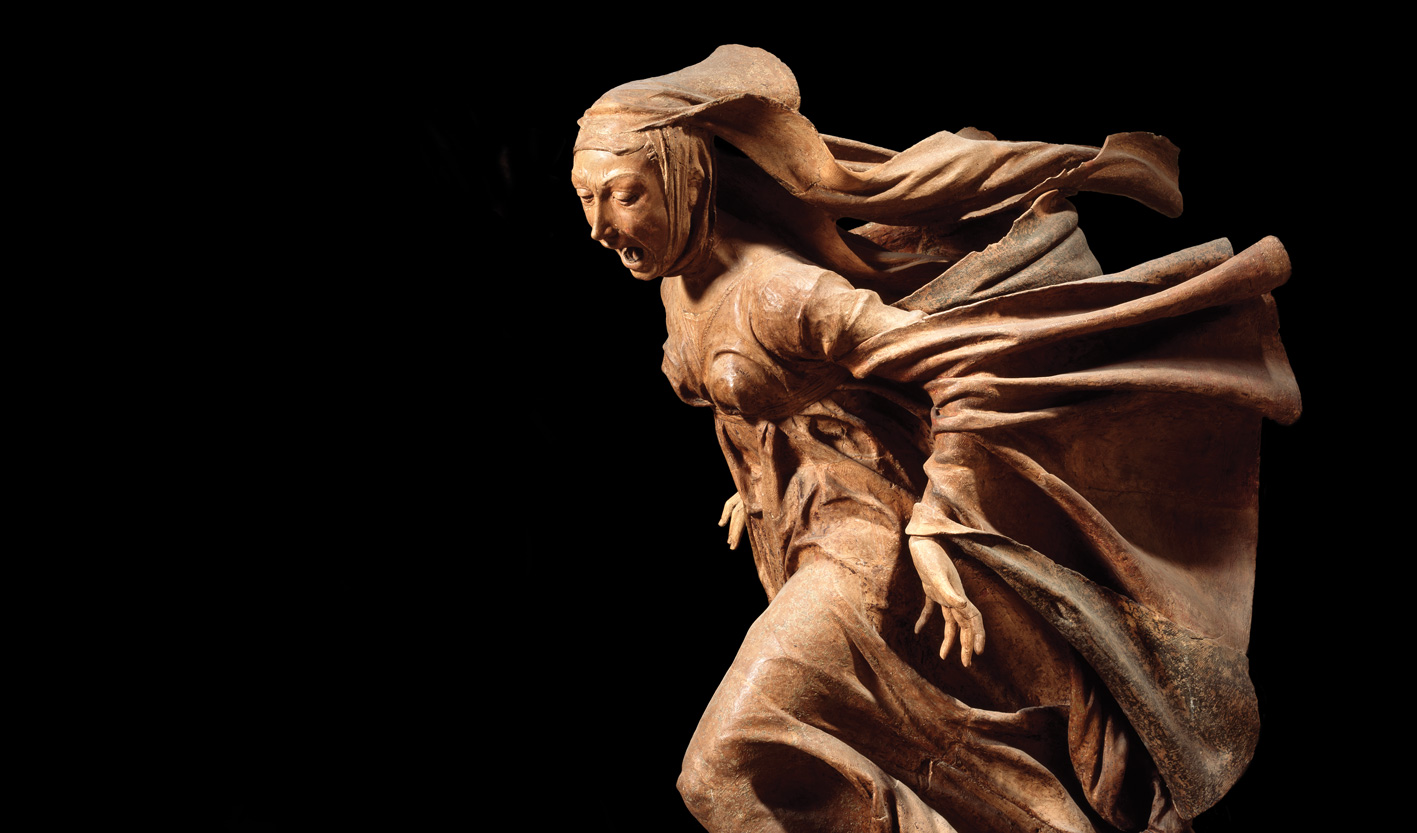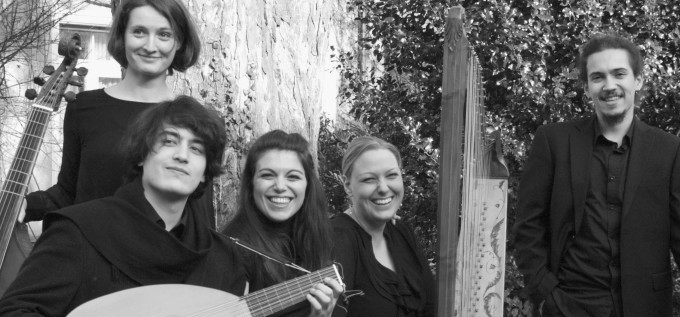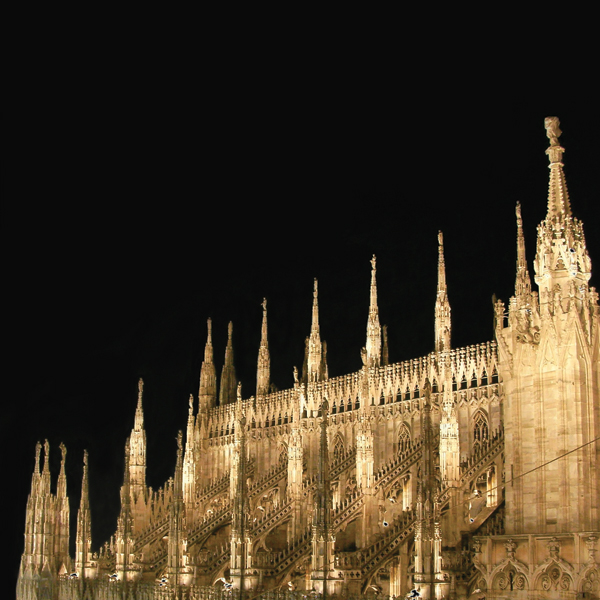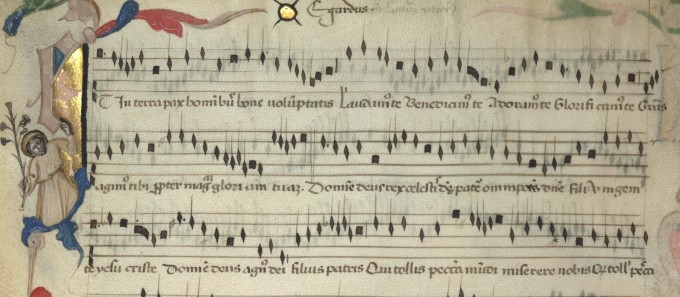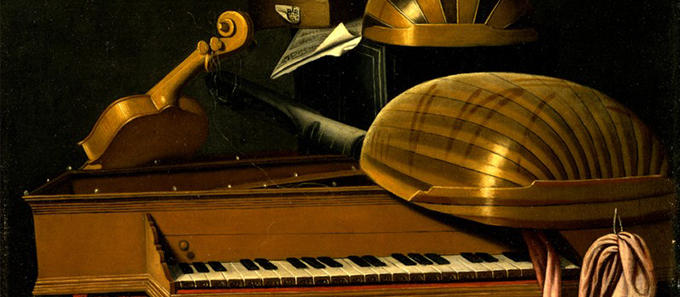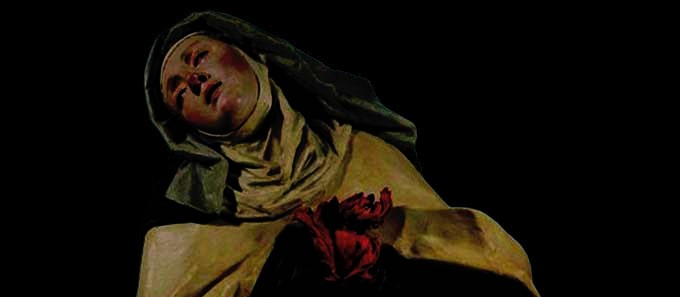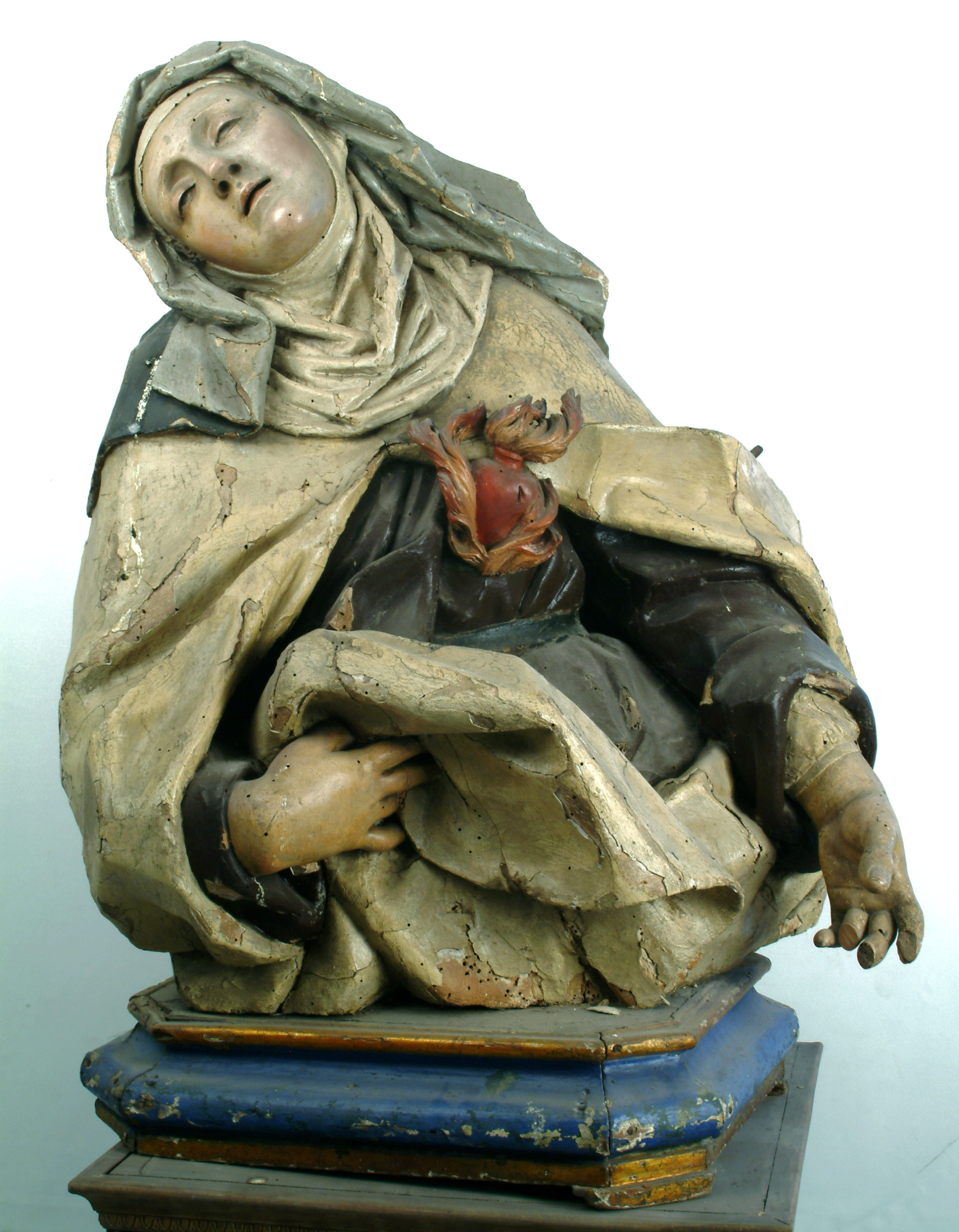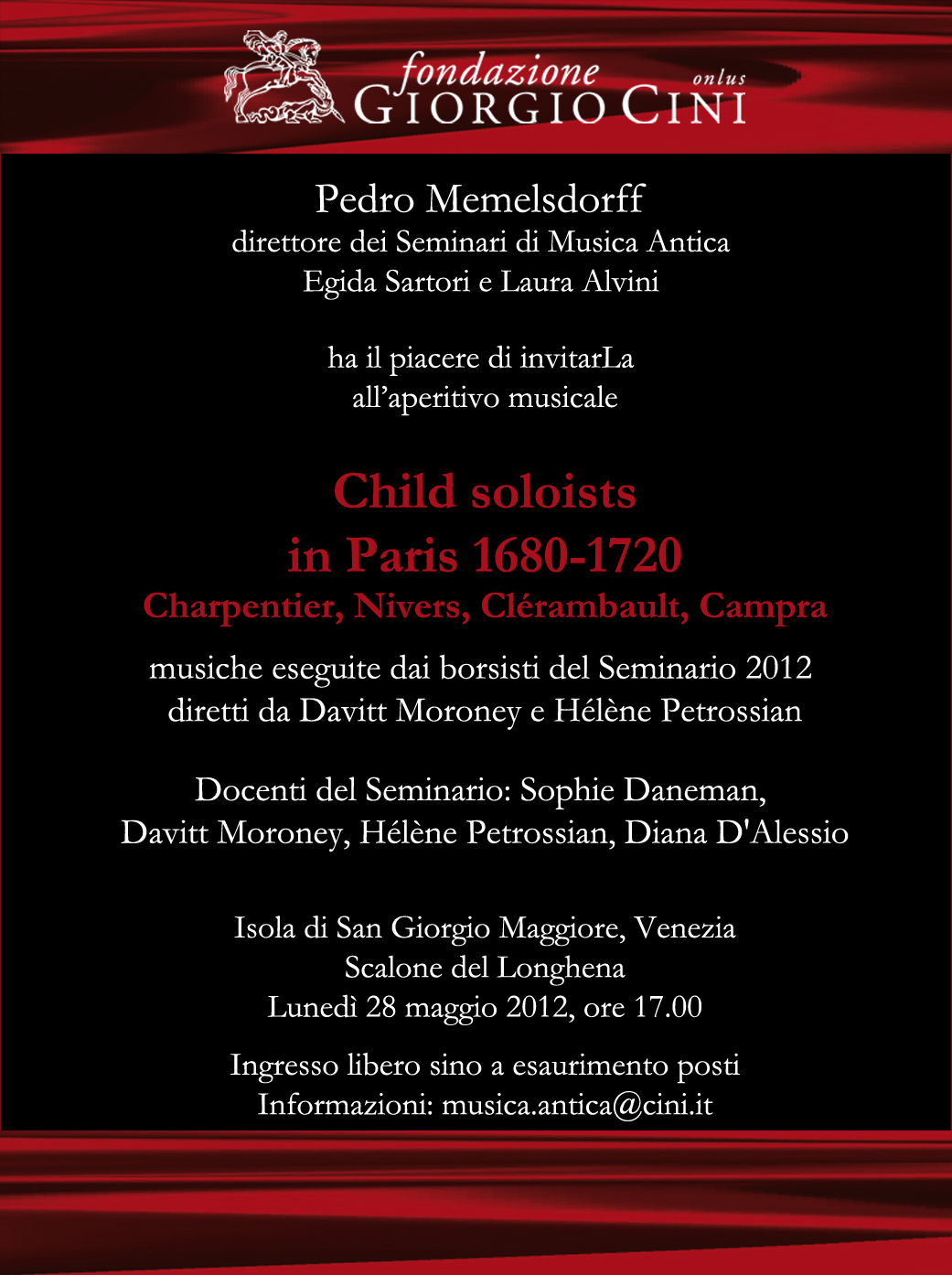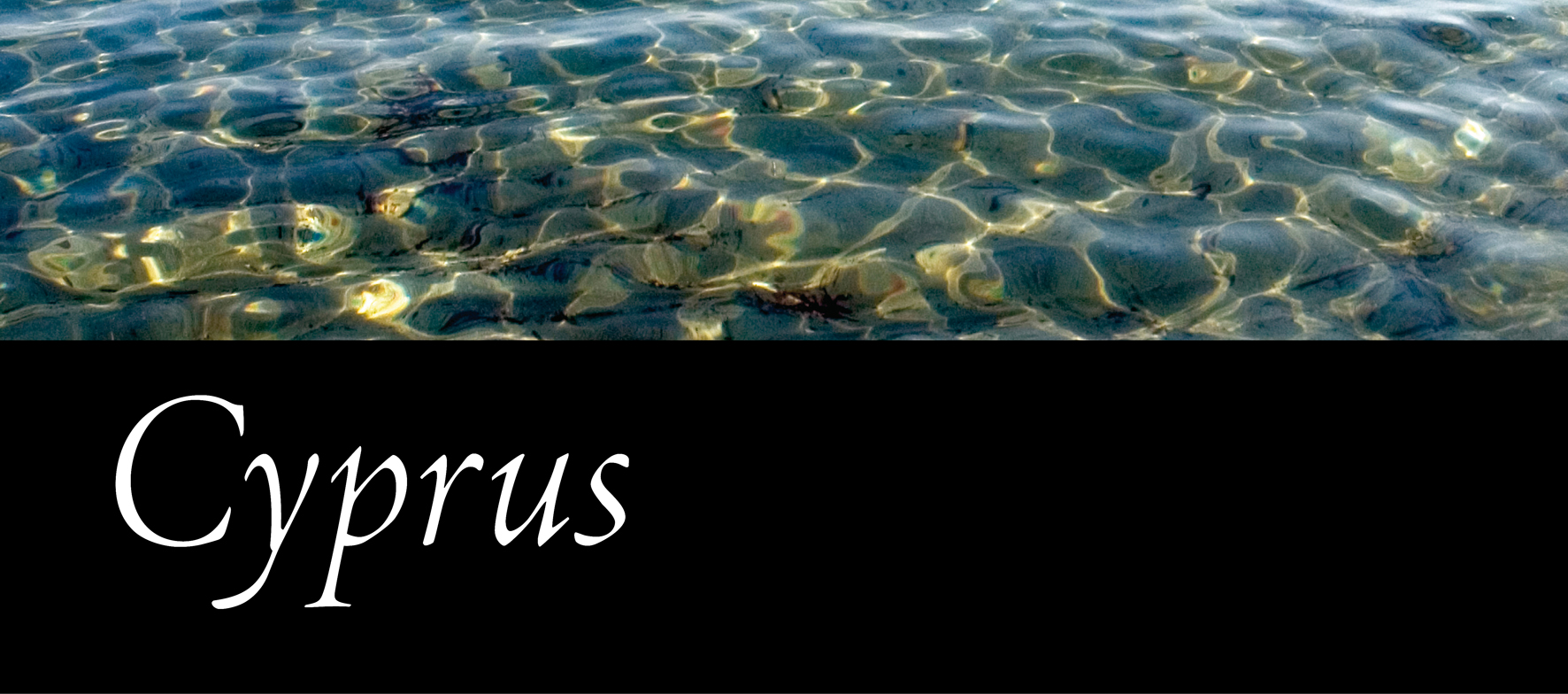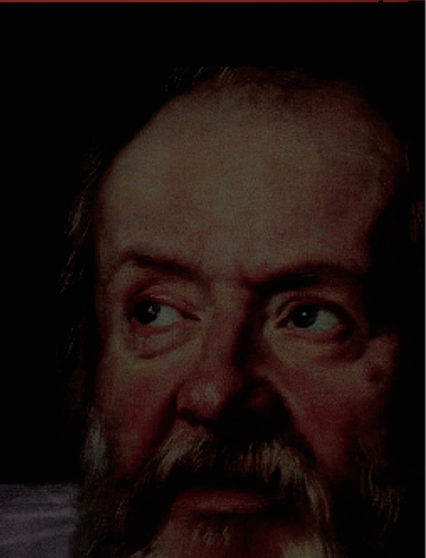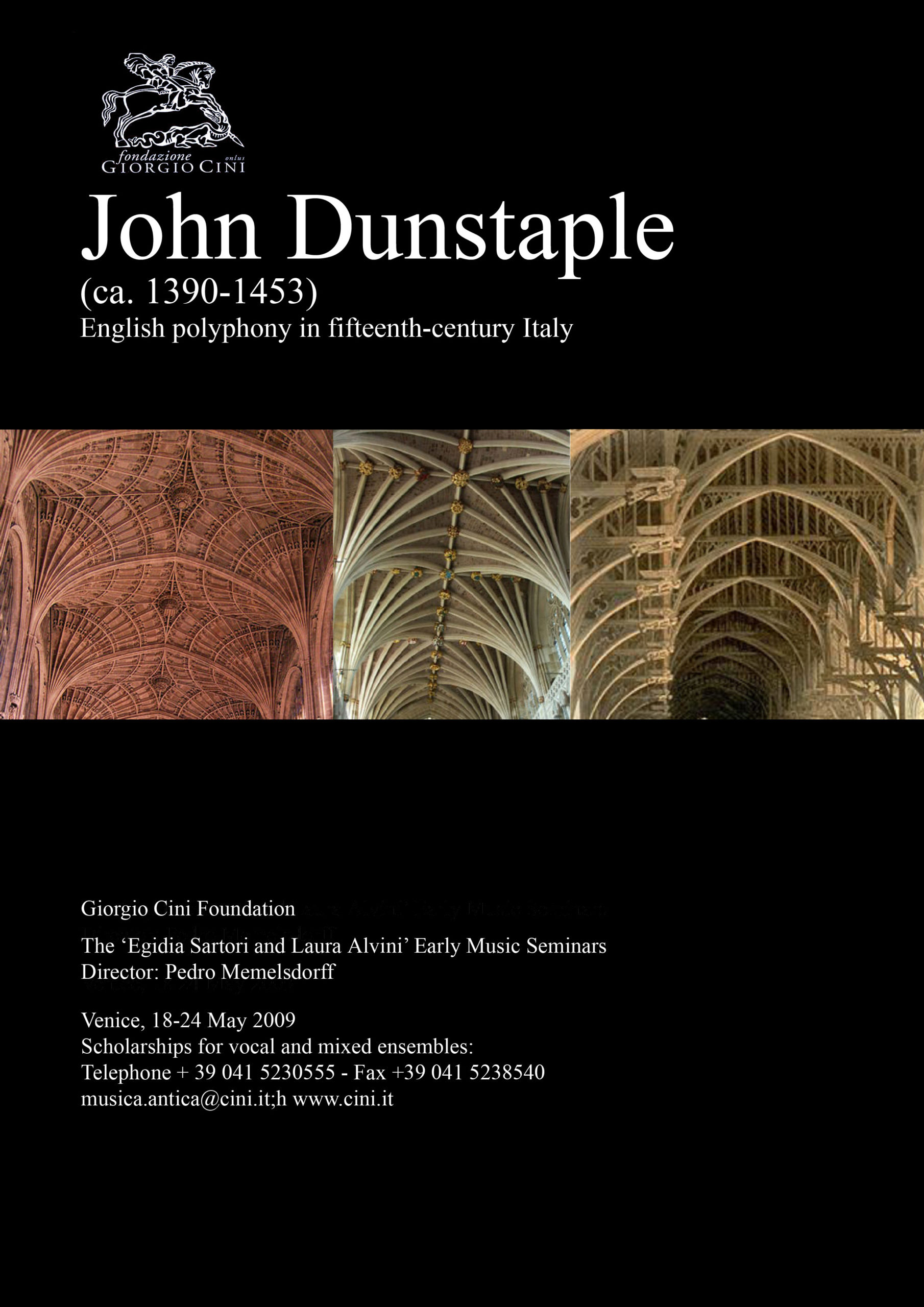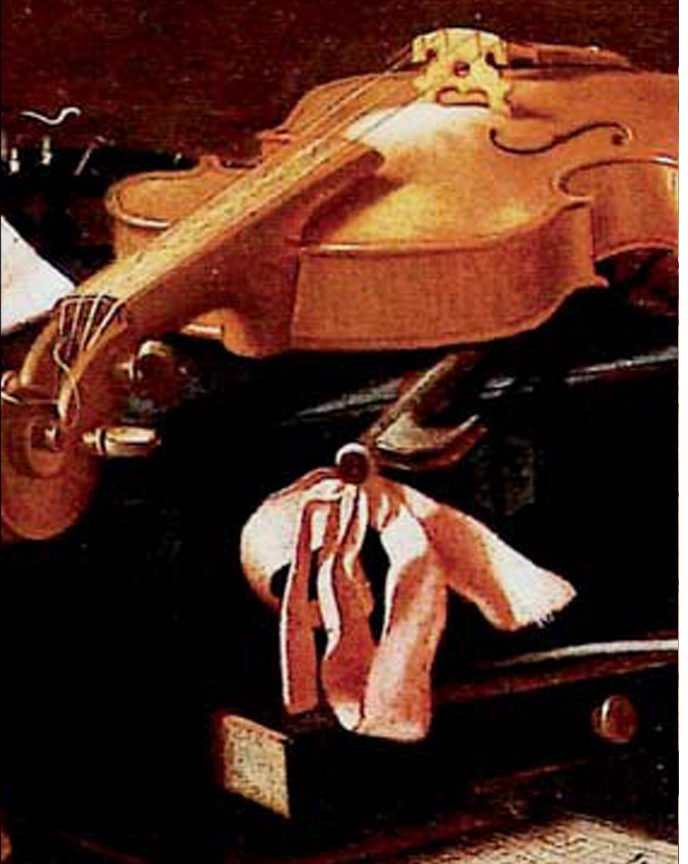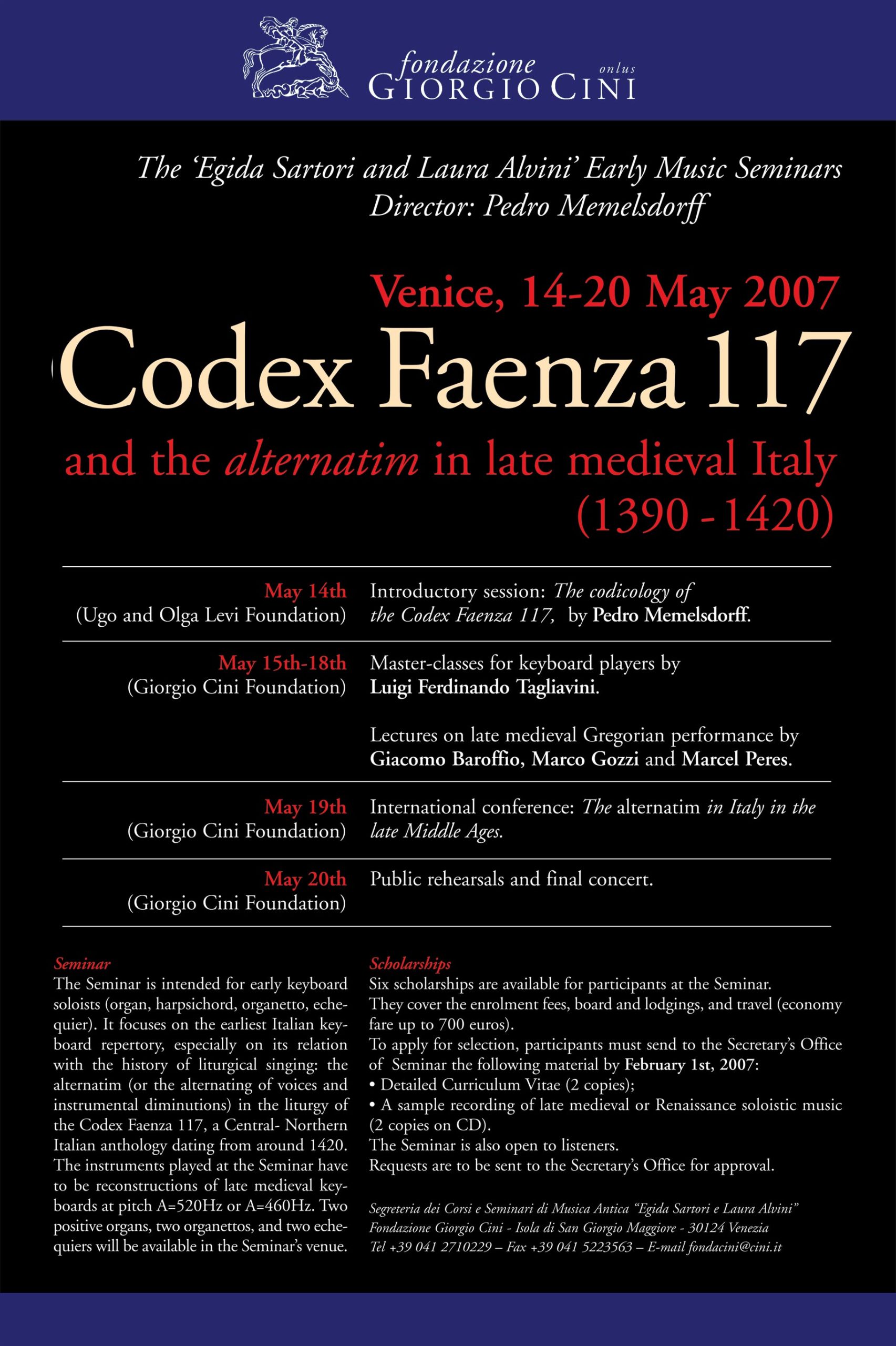Early Music Seminars Egida Sartori and Laura Alvini
Through the study and practice of medieval, Renaissance, and Baroque music repertoires, the Early Music Seminars offer participants the opportunity to explore historical musical practices through artistic residencies and interdisciplinary studies.
Founded in 1976, the Seminars were directed by harpsichordist Egida Sartori for the first twenty years. The direction then passed to Laura Alvini, also a harpsichordist and forte-pianist, until 2004, the year of her untimely death. Since 2007, following a two-year break, the Seminars resumed with a programme building on the work started by Sartori and Alvini, while introducing significant innovations. An important milestone was the establishment, in 2016, of a framework agreement between the Fondazione Giorgio Cini and the Fondation Concordance, based in Basel, Switzerland, which supports research and production in the field of early music, as well as emerging and promising musical ensembles. With the vital support of the Fondation Concordance, the Seminars have since become biennial. Additionally, since 2015, collaborations with other Swiss institutions, including the Irma Merk, L. & Th. La Roche, and Saly Frommer Foundations, all based in Basel, have provided scholarships for the participation of soloists and early music ensembles in the Seminars held on the Island of San Giorgio Maggiore.
In recent years, partnerships with several academic institutions have strengthened, such as the Schola Cantorum Basiliensis, Villa I Tatti – The Harvard University Center for Italian Renaissance Studies, the Universities of Tours, Harvard, and Guadeloupe, and the Centro Studi Santa Giacinta Marescotti in the Ruspoli-Marescotti Castle in Vignanello. The programme of initiatives and collaborations with local institutions dedicated to preserving and promoting musical culture is substantial.
From 2024, the Early Music Seminars receive scholarship support from the Alamire Foundation in Leuven, Belgium.
Since 2006, the direction of the Seminars has been under Pedro Memelsdorff.
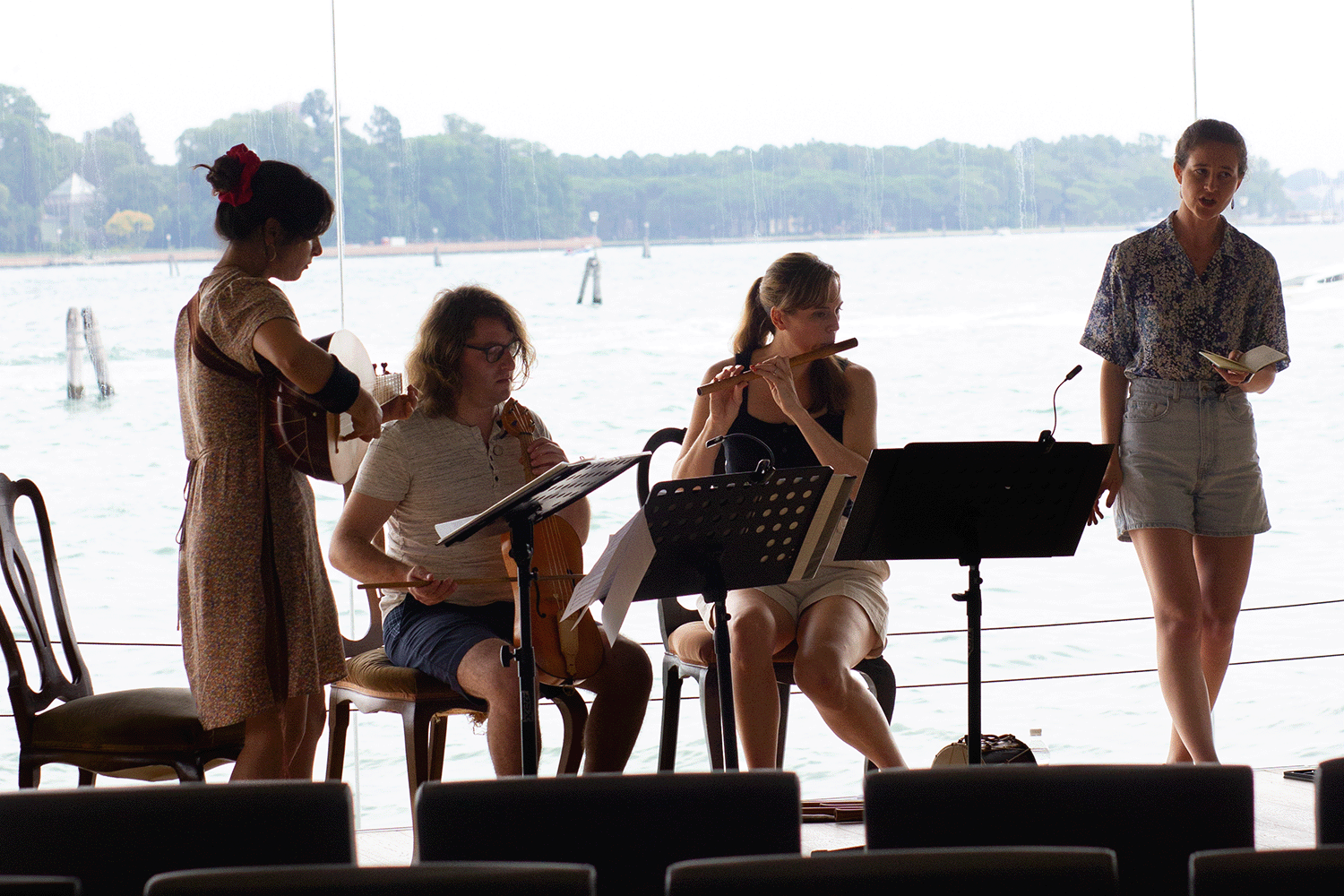
Early Music Seminar 2024 © Fondazione Giorgio Cini
A series of events held every six months with a broad cultural and historical scope, each Seminar is structured into several sessions aimed at providing participants with both practical and theoretical skills.
-
Conferences and Seminars
-
Concerti e spettacoli
-
Conferences and Seminars
-
Conferences and Seminars
-
Conferences and Seminars
-
Conferences and Seminars
-
Conferences and Seminars
-
Conferences and Seminars
-
Conferences and Seminars
-
Meetings
-
Conferences and Seminars
-
Concerts and shows
-
Conferences and Seminars
-
Concerts and shows
-
Conferences and Seminars
-
Concerts and shows
-
Meetings
-
Concerts and shows
-
Conferences and Seminars
-
Concerts and shows
-
Conferences and Seminars
-
Concerts and shows
-
Meetings
-
Meetings
-
Concerts and shows
-
Meetings
SEMINARS
An international competition selects the participants for the Seminars, offering them a musical residency on the Island of San Giorgio Maggiore. At the conclusion of the learning activities, the Seminars culminate in a final concert open to the public, with potential spin-offs in the venues of partner institutions.
Each seminar includes musicological and interdisciplinary study sessions, aimed at fostering a collaborative research environment that engages young performers and encourages researchers to explore historical performance practices, in the spirit of Laura Alvini.
Since 2007, the repertoire of the Seminars has been expanded to include medieval and Renaissance music (monophony and polyphony from the 14th and 15th centuries), alongside 16th to 19th-century polyphony, thereby enhancing the educational offerings within Italian music education programmes at all levels.
The Seminars are characterised by a shared focus that integrates the Foundation’s themes, such as the connections between science and the arts, as well as the cultural exchanges between East and West, reflecting Venice’s role in European and Mediterranean musical history. Alternating between pre- and post-seventeenth-century repertoires, the Seminars explore the enduring traditions and reciprocal influences that have shaped the city over time.
